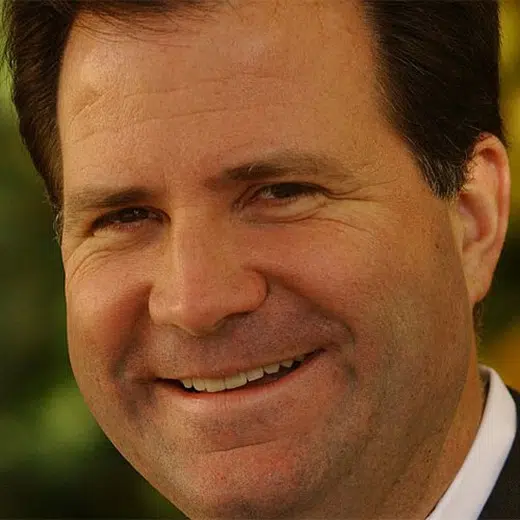By Svea Herbst-Bayliss
NEW YORK (Reuters) – Activist investor Ortelius Advisors, one of the largest owners of Capital Senior Living Corp, is offering to provide a near-term cash infusion as an alternative to the company’s proposed fund raising plans which it argues would harm shareholders.
Ortelius founder Peter DeSorcy has told other shareholders that his firm would be willing to backstop a new equity rights offering of up to $70 million, according to sources and documents reviewed by Reuters.
Caligan Partners, another activist investment firm, would also be ready to participate in shoring up fresh capital, the sources said.
The offer comes roughly one month after Ortelius said it intended to block plans by the Dallas-headquartered operator of assisted living and related facilities to raise $152.5 million. At the time DeSorcy signaled a willingness to provide a near-term cash injection.
Ortelius has also lined up a term sheet for a $46 million bridge loan for Capital Senior Living, in case the company prefers supplemental debt financing, the sources said. The terms include a lower borrowing rate than the company’s proposed raise, the sources added.
Ortelius recently increased its ownership of Capital Senior Living to 13%. Shareholders will vote on the financing deal on October 12.
In communications with other shareholders, Ortelius said that it wants the company to have options to raise a smaller amount of near-term capital now that its occupancy levels and financial position are improving.
Capital Senior did not immediately respond to a request for comment.
Earlier this summer Capital Senior Living said it planned to raise capital through a private placement of convertible preferred stock to Conversant Capital, and that Conversant had agreed to backstop an associated rights offering and issue additional debt at a 15% interest rate.
Ortelius has said publicly that it opposes the “series of exceedingly costly and highly dilutive transactions that would also effectively hand over control of the company to Conversant.”
The senior-living industry has been hard hit by the pandemic both because many nursing homes suffered COVID-19 outbreaks and because occupancy rates dropped last year.
(Reporting by Svea Herbst-Bayliss; editing by Richard Pullin)






